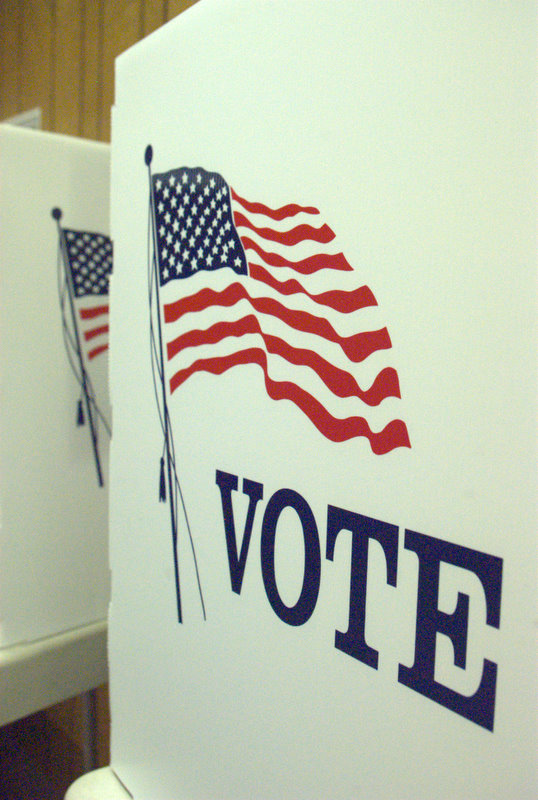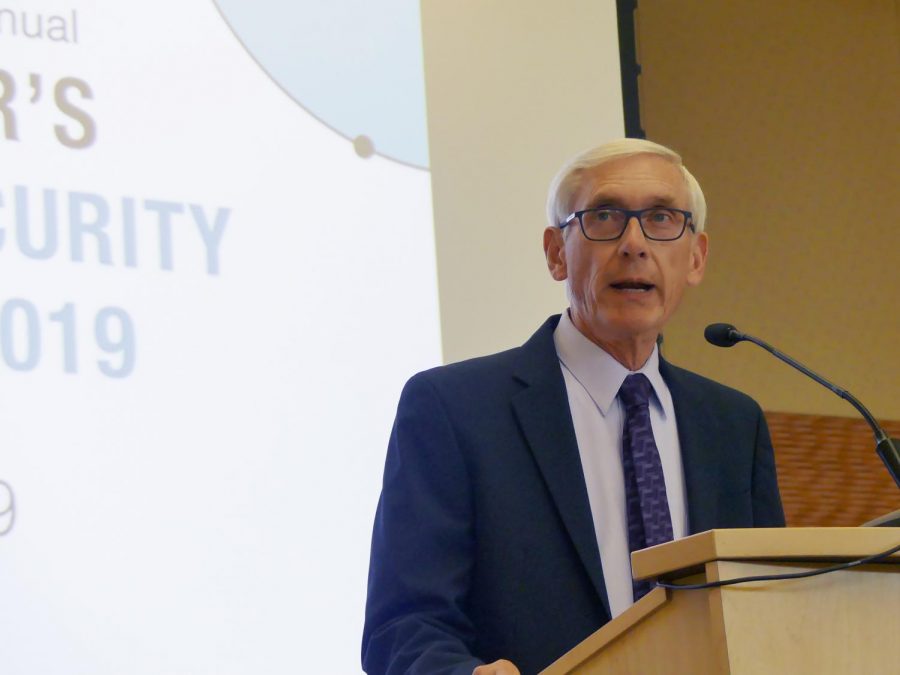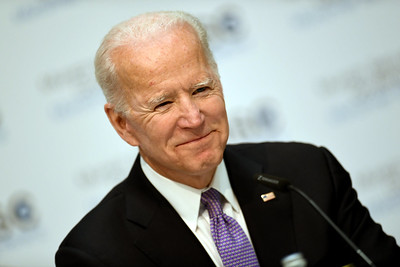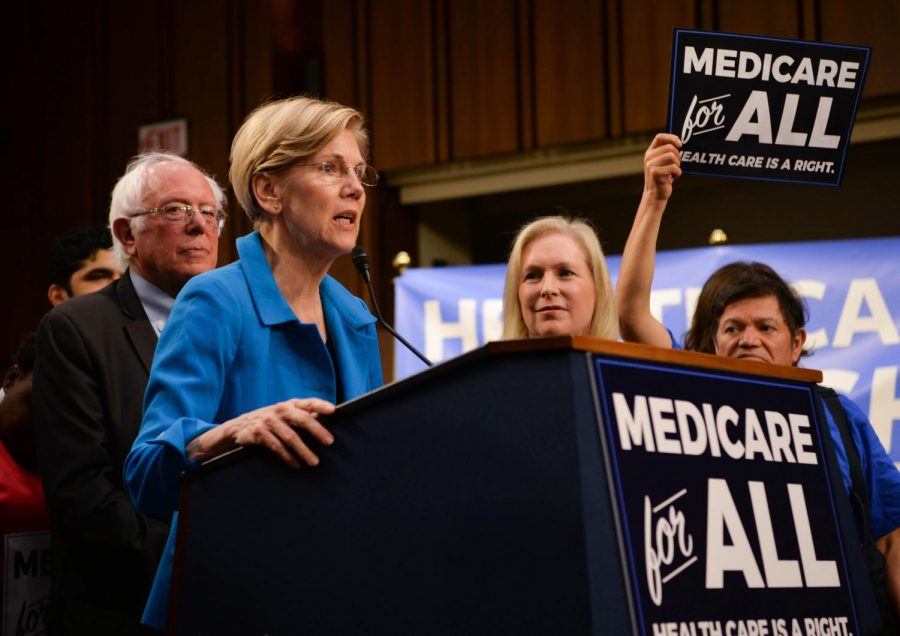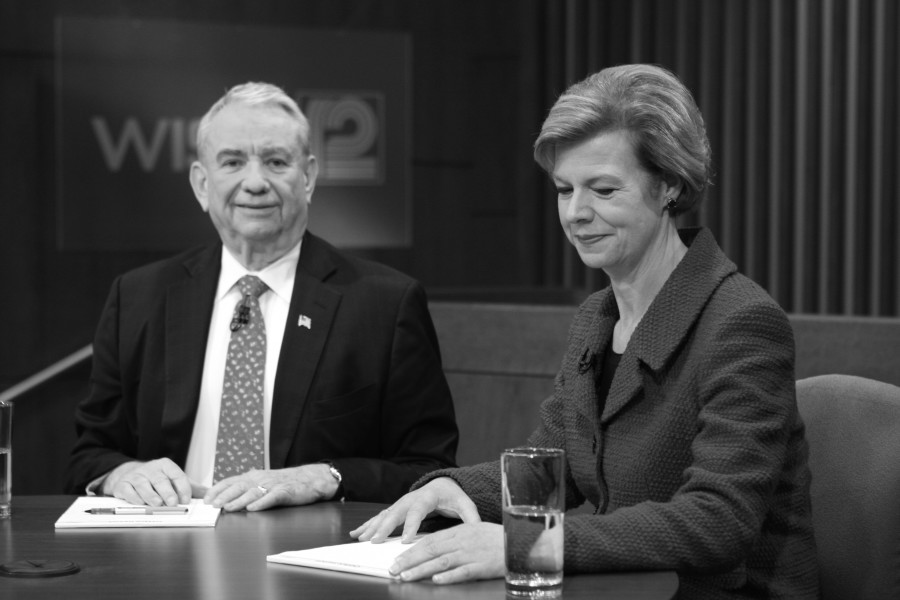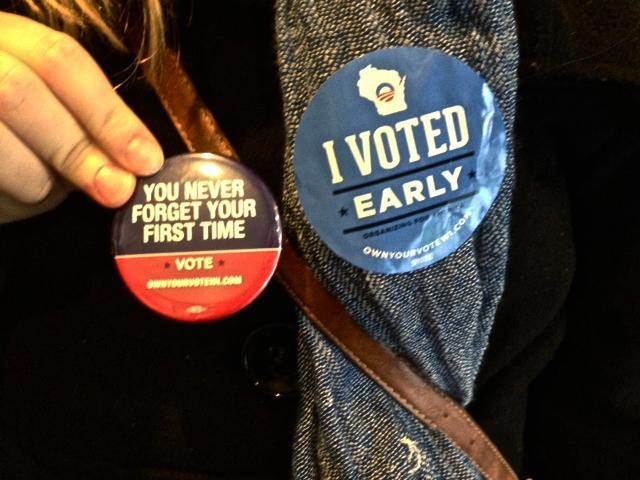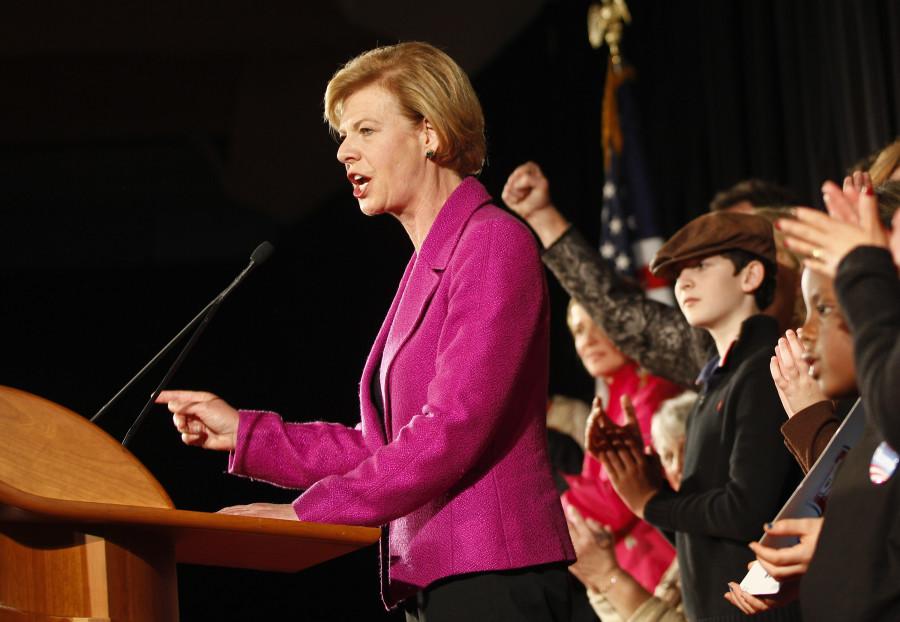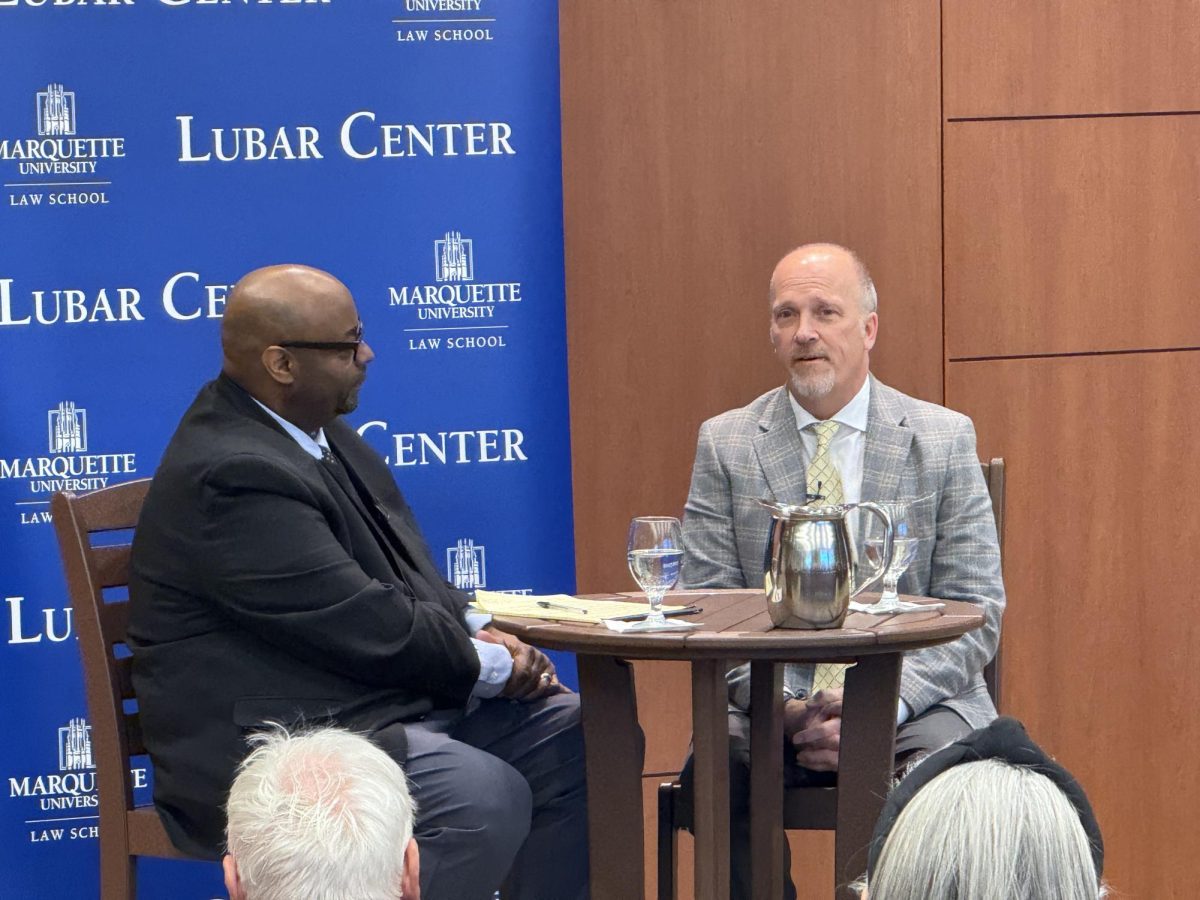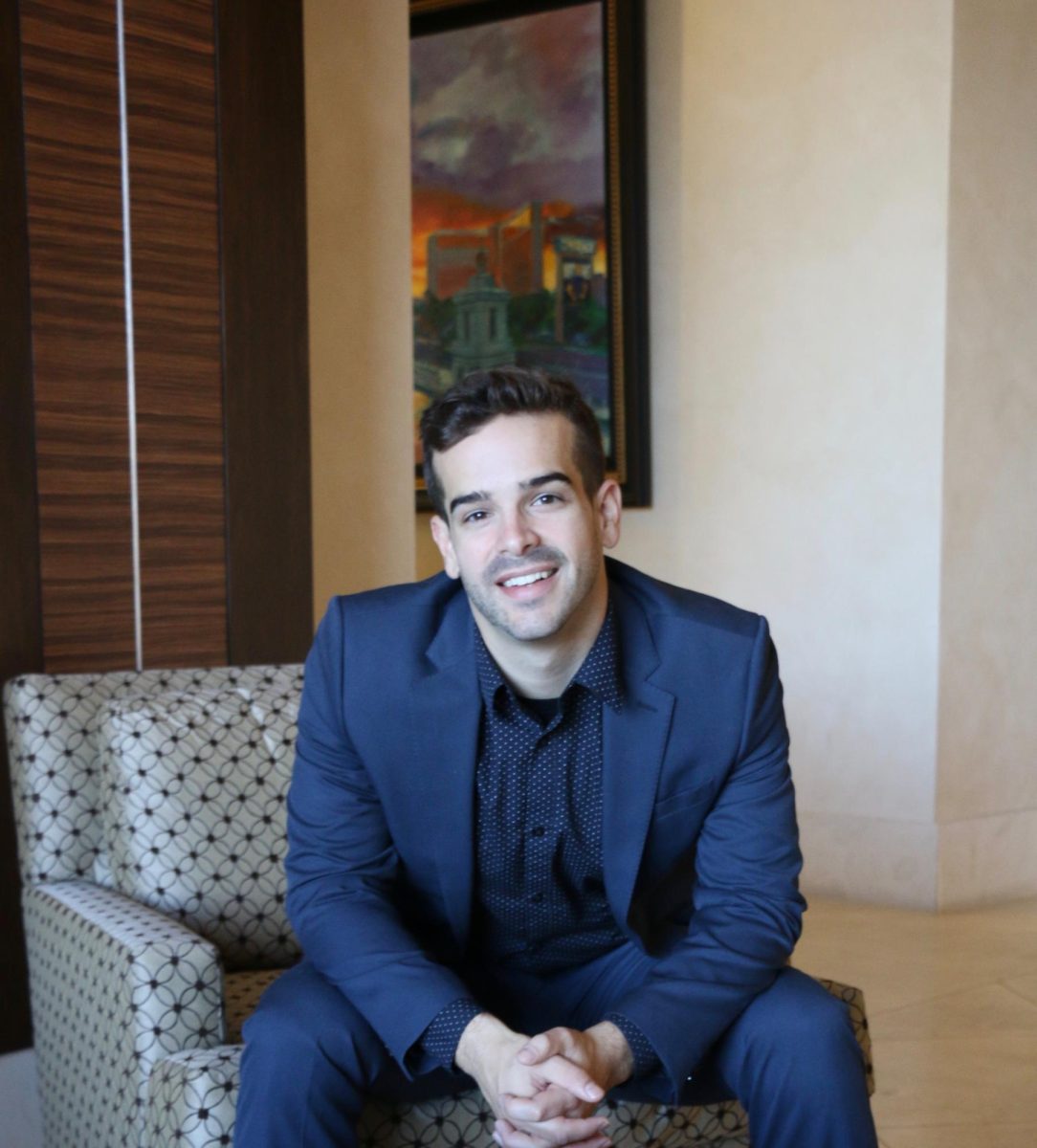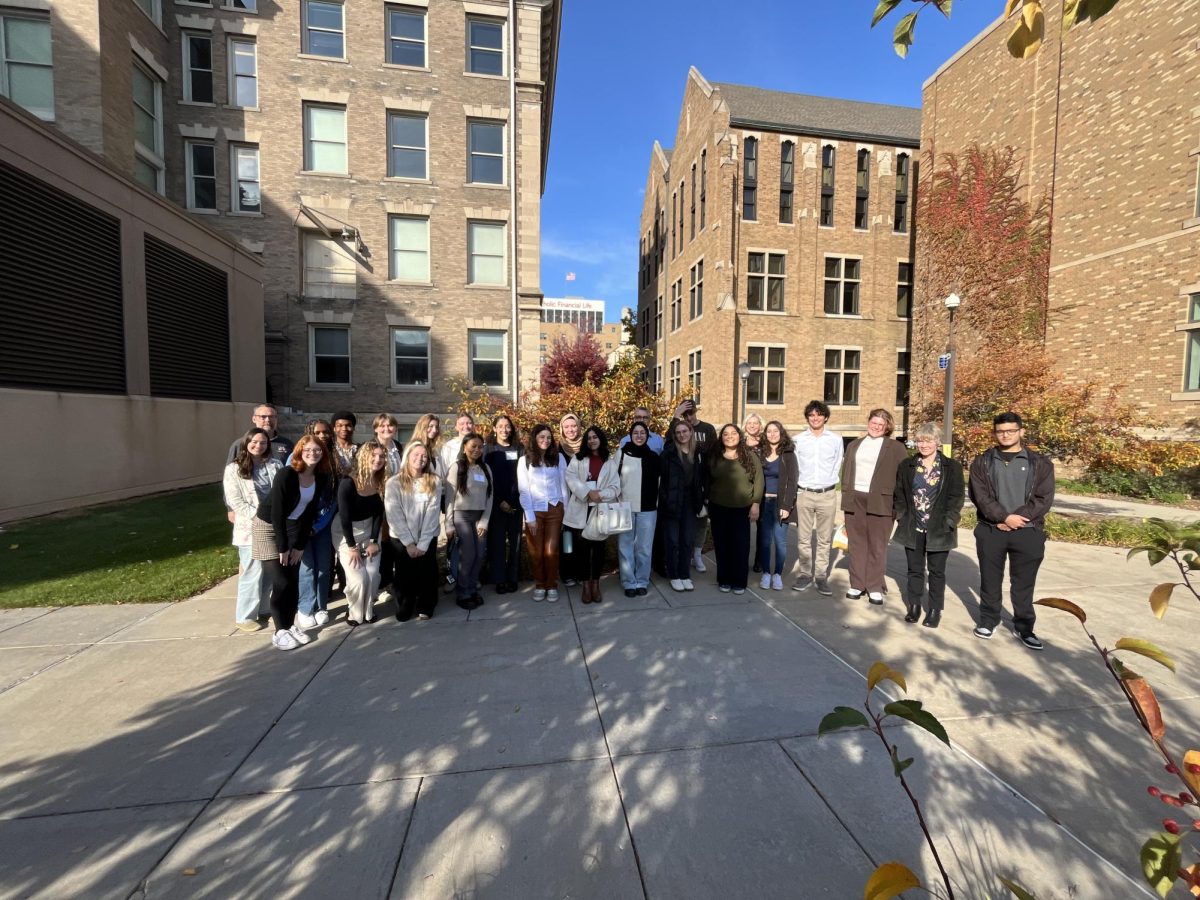Former Wisconsin Democratic senator Russ Feingold visited Marquette Thursday to talk about politics, broaching topics such as the current presidential election, campaign finance reform, American exceptionalism and foreign relations.
Feingold was at Marquette for the law school’s “On the Issues” segment with Mike Gousha. The event was filled to capacity with approximately 230 people attending, said Christine Wilcyzynski-Vogel, associate dean for external relations, events and facilities.
Feingold represented Wisconsin in the Senate for four terms, from 1993 until he was defeated in the 2010 election by current senator Ron Johnson. During the spring and fall 2011 semesters, he was a visiting professor at Marquette Law School. He currently serves as one of the co-chairs for President Obama’s re-election campaign.
In regard to last Wednesday’s presidential debate in Denver, which many news sources said was won by former Massachusetts Gov. Mitt Romney, Feingold took a more positive outlook on Obama’s performance. He said Obama’s talking points came across as more “real” and “honest” and emphasized October as a critical month in the election cycle. Obama’s perceived defeat is a “wake-up call” that will keep Democrats on their toes, Feingold said.
“I’m a little glad that it wasn’t the best night ever,” Feingold said. “Because I don’t want Democrats to think this thing is won. I want us to be on our game. I want us to realize this race was always probably close.”
He said he would advise Obama not to be “quite so cautious” in the next debate.
Feingold discussed foreign relations and the world’s perceptions of the U.S. He said American exceptionalism, the belief that the U.S. is exceptional and superior to other countries, negatively taints the world’s understanding of Americans.
“I question whether it’s a good idea that we should jump up and down screaming that we are exceptional and number one,” Feingold said. “My mother used to say, ‘If you’re going to brag in a playground, nobody’s going to like you.’”
Feingold also said the U.S. “tuned out” after Osama bin Laden was killed in May 2011. He said he was not satisfied with Obama and Romney’s discussion of international policy in their campaigns and that issues pertaining to foreign relations need to be addressed more assertively. He stressed the need for members of Congress to possess a knowledgeable account of domestic affairs in foreign countries, especially in those smaller, unfamiliar countries that do not usually make headlines in American media.
“Why don’t we assign every member of Congress a country?” Feingold asked.
Feingold, a chief sponsor of the Bipartisan Campaign Reform Act of 2002, also discussed the implications of monetary contributions in creating legislation. Feingold said both parties are guilty of being influenced by contributions. He noted that such donations not only significantly impacts the policy process, but also isolate young voters, who feel as though they don’t have a part in the political process.
“There’s no such thing as a free $10 million contribution,” Feingold said.
Several of the law school students at the forum were impressed with Feingold’s call for bipartisan cooperation.
“It was great to see that there’s actually someone there (in government) that’s going to criticize the current administration, but will also support them,” said Lauren Brugger, a law student. “And I think that’s really important because I think to solve our problems, you have to work in a bipartisan manner.”
Law student Vanessa Paster also said the lack of bipartisanship in Congress is a significant problem in government.
“Right now we’re just hurting ourselves by being in this constant state of disagreement,” Paster said. “So I think that it’s really good that he (Feingold) didn’t just say ‘Democrats, Democrats, Democrats.’”


